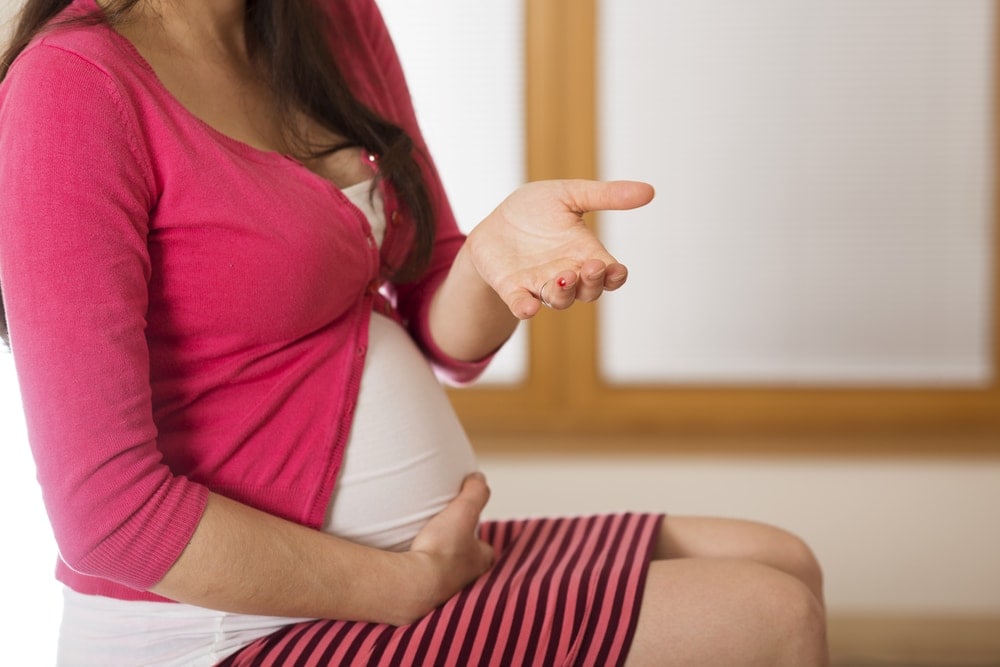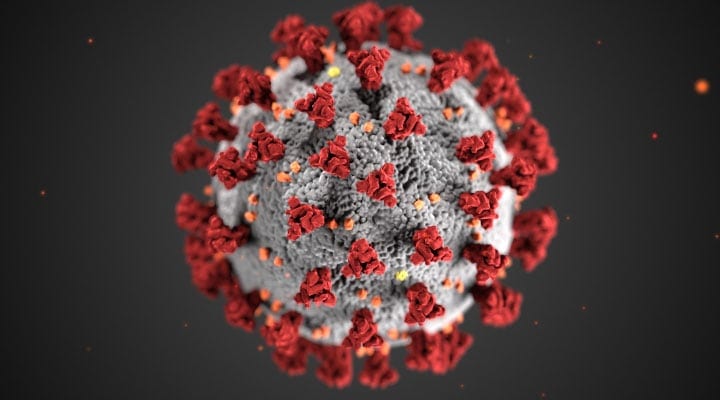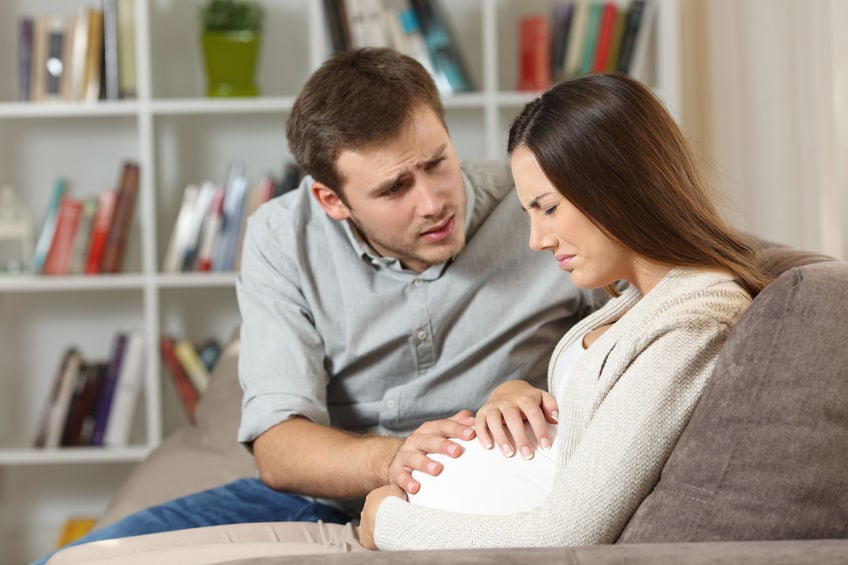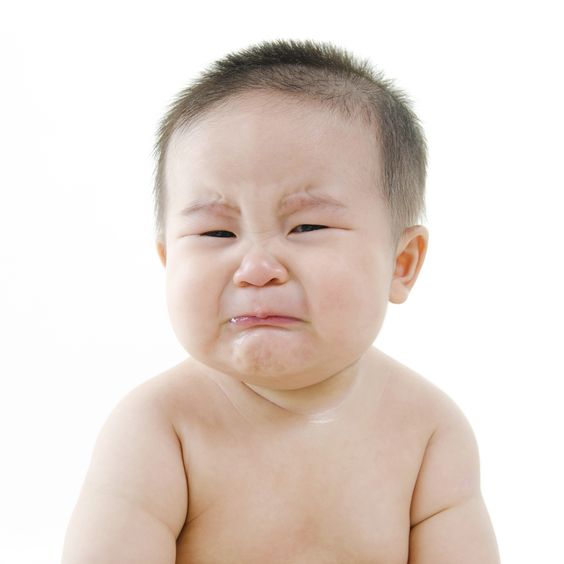What are the symptoms of genital warts during pregnancy? Is my baby safe if I have genital warts while pregnant? How do you treat genital warts during pregnancy? These are questions no expecting mother wants to ask. Pregnancy can be a beautiful and exciting time for expecting mothers and families. For those who see a doctor regularly, practice good nutrition, and prioritize health, the stress and worry that sometimes accompanies pregnancy may decrease significantly.
These steps for health are especially necessary for those with more serious health issues, either present before pregnancy or that occur during pregnancy. Genital warts are one of these infections that if diagnosed will need to ensure that you and your primary health provider take the appropriate steps to maximize your health throughout the pregnancy.
Genital Warts During Pregnancy: Symptoms and Treatment
External genital warts are generally caused by certain strains of the human papillomavirus (HPV). HPV is a common sexually transmitted infection that affects up to 75% of men and women who are sexually active. Often those who contract HPV will not know because it did not present symptoms and resolved on its own.
There are many strains of HPV, and some of them will result in the development of genital warts. These warts are very contagious and are easily spread from person to person via sexual activity. These warts will show up externally around the vagina, anus, in the rectum, or on the cervix. The warts are usually soft and skin-colored, varying in size. Aside from occasionally itching, burning or bleeding, the warts are usually painless.
For many women, warts will resolve on their own and disappear within a few months. If this does not happen, treatment is effective in clearing warts up. Some strains of HPV have been known to alter cells so much that cancer can result; however, this is not generally found in the strain of HPV linked to genital warts. Nonetheless, if you are sexually active, it is recommended you get regular Pap smears to assure your overall health.
If you have the strain of HPV that results in genital warts while pregnant, it is not likely to affect the health of your baby. Genital warts have been shown to grow faster during pregnancy due to discharge, as well as changes to in hormones and immune system. But genital warts during pregnancy are not generally considered to pose a serious risk to you or your baby.
There are some rare cases where the mothers have passed on the HPV that causes warts to their unborn baby, but the baby is usually able to overcome the symptoms on his or her own or through early medical intervention by the doctor.
Treatment for Genital Warts While Pregnant
Treatment of genital warts while pregnant may vary from case to case. However, because warts themselves do not usually cause any complications in pregnancy, your doctor may opt to not treat warts at all during pregnancy.
This may cause increased growth but will not pose any threat to your health during pregnancy. However, if your doctor opts for removal, there are plenty for safe methods of removing genital warts during pregnancy that can be used including, freezing, surgical, or laser removal.
If you usually take a prescription for genital warts, tell your doctor so that he or she can inform you of the health risks. In many cases, if you are taking prescription medication for genital warts, the doctor may recommend you stop using it for the duration of the pregnancy.
Want to Know More?
Comprised of the following Sources:
Harms, R. W. (2004). Mayo Clinic guide to a healthy pregnancy. New York: HarperResource.
Kliegman, R. (2007). Nelson textbook of pediatrics (18th ed.). Philadelphia: Saunders.
M.D., R. J. (1994). Lifestyle During Pregnancy. Mayo Clinic Complete Book of Pregnancy and Baby’s First Year. New York: William Morrow and Company Inc.,.






